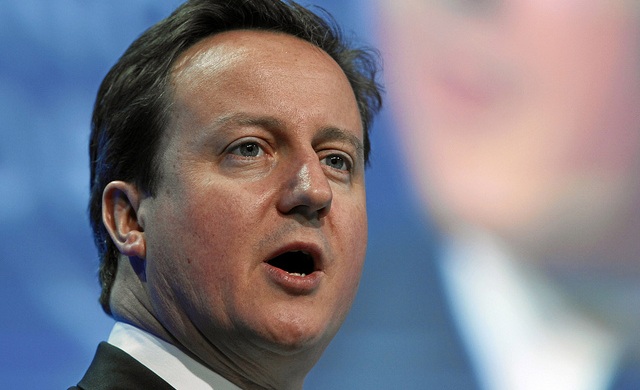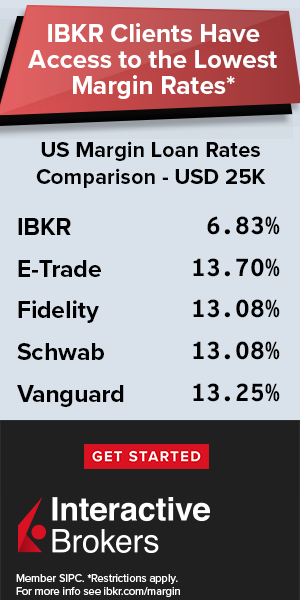Virgin Group Chairman Sir Richard Branson and WPP CEO Sir Martin Sorrell back UK Membership of the European Union

UK business leaders have signed a letter warning Prime Minister David Cameron from seeking a whole renegotiation of the country’s membership of the European Union (EU).
Supported by Virgin Group Chairman Sir Richard Branson, BT Group Chairman Sir Michael Rake and Sir Martin Sorrell, chairman of global advertising giant WPP, the later states that to “call for such a move in these circumstances would be to put our membership of the EU at risk and create damaging uncertainty for British business, which are the last things the prime minister would want to do”.
Speaking on Sunday Sir Martin commentated that if the UK continued to “grandstand” about its position on Europe then the country’s ability to renegotiate fundamental changes in its interests would be greatly reduced.
The letter comes ahead of speech in which the Prime Minister is expected to set out reforms he wishes to see the world’s largest free market make before putting them to the British people in a referendum. Mr Cameron, who argues that the UK should remain in the EU, is under increasing pressure from backbench members of his Conservative party and the UK Independence Party to hold a vote on Britain’s membership of the EU.
Nick Clegg, Deputy Prime Minister and leader of the EU-supporting Liberal Democrats, argued that Mr Cameron would be speaking as leader of the Conservative party and would not be advocating government policy. Mr Clegg called for the UK to take a greater role within the EU, arguing that the country needs to be strong in its “neck of the woods”.
Sir Roger Carr, president of the Confederation of British Industry and letter signee, stated that “Whatever the emotional appeal of exiting the EU may be to some in our society, there are key facts that we must all remember: UK membership provides unfettered access to a single market of 500 million people, which today is our largest export customer. Departure would necessitate multiple bilateral agreements, frustrate free trade and damage our export performance in the medium term. Growth in new markets, however rapid, could not compensate for the inevitable decline in European activity”.
Gunther Krichbaum, chair of Germany’s European affairs committee and a member of German Chancellor Angela Merkel’s Christian Democratic Union party, has called for Mr Cameron not to “blackmail” Europe by threatening take Britain out of Europe. Mr Krichbaum argues that a referendum “could paralyse efforts for a better Europe and deeper integration” which would not “be in Britain’s interests”.
The concern of business leaders and allies of Chancellor Merkel follow comments by Philip Gordon, US assistant secretary for European affairs that called for the UK to remain in the EU. Whilst stating that the matter was for the “British government and the British people to define their relationship with the European Union” Mr Gordon argued that the US values “a strong UK voice in a strong European Union”.


 Hot Features
Hot Features













